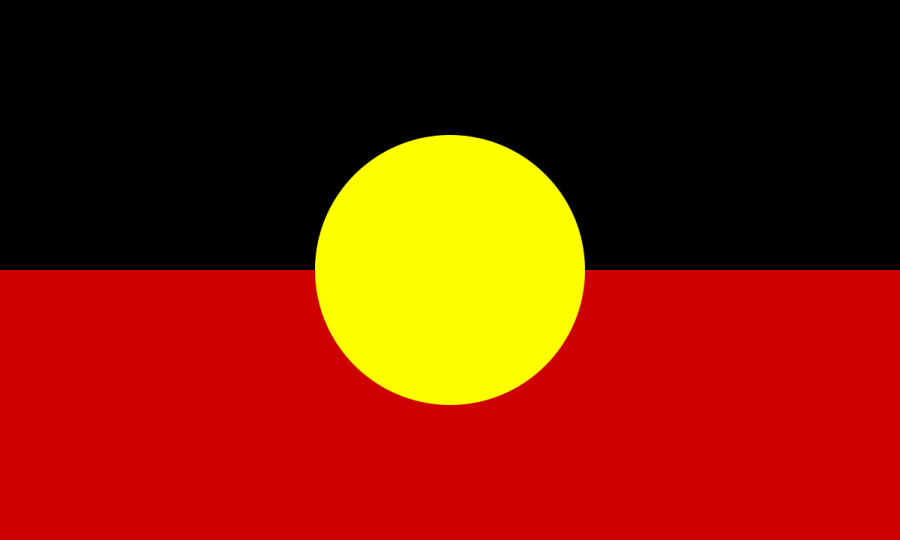After 12 years of a conservative Australian administration that was markedly hostile to indigenous rights and its own Aboriginal populations, the new labor government of Prime Minister Kevin Rudd took a dramatic step by issuing an apology at the opening session of Parliament on February 13. The apology, issued by Rudd himself, was, in fact, the opening item of business for Parliament. Rudd aimed his apology at the Stolen Generations, the more than 50,000 Aboriginal children forcibly removed from their parents and raised by white families in an effort to wipe out their culture.
“ There is something terribly primal about [the] firsthand accounts [of victims],” Rudd said. “The pain is searing; it screams from the pages. The hurt, the humiliation, the degradation and the sheer brutality of the act of physically separating a mother from her children is a deep assault on our senses and on our most elemental humanity. These stories cry out to be heard; they cry out for an apology.
Instead, from the nation's Parliament there has been a stony, stubborn and deafening silence for more than a decade; a view that somehow we, the Parliament, should suspend our most basic instincts of what is right and what is wrong; a view that, instead, we should look for any pretext to push this great wrong to one side, to leave it languishing with the historians, the academics and the cultural warriors, as if the stolen generations are little more than an interesting sociological phenomenon.
But the stolen generations are not intellectual curiosities. They are human beings, human beings who have been damaged deeply by the decisions of parliaments and governments. But, as of today, the time for denial, the time for delay, has at last come to an end. Decency, human decency, universal human decency, demands that the nation now step forward to right an historical wrong. That is what we are doing in this place today.”
Rudd’s speech was followed by one from Tom Calma, the Aboriginal and Torres Islander Social Justice Commissioner. “Through one direct act, Parliament has acknowledged the existence and the impacts of the past policies and practices of forcibly removing Indigenous children from their families” he said, speaking for the Aboriginal community. “And by doing so, [it] has paid respect to the Stolen Generations. For their suffering and their loss. For their resilience. And ultimately, for their dignity. This is not about black armbands and guilt. It never was. It is about belonging.”
The policy of forcibly taking children from Aboriginal homes, like similar ones in the United States and Canada, was enormously destructive, even beyond its emotional devastation. The health problems, unemployment, alcoholism, and other social problems Aborigines face—the average life span for an Aborigine is 17 years shorter than that of a non-Aboriginal Australian—can largely be traced back to this program. Aboriginal communities have been pushing for years for monetary compensation, but the Rudd administration stopped short of that, offering instead a health-care and education program.
In offering an apology but no compensation, the Australian approach is opposite to the one in Canada, where the new conservative government has followed through on the previous adminstration’s compensation plan but has so far refused to apologize. The United States has not even discussed the issue of its boarding school policy and the destructive effect it had on Native Americans, let alone offered any kind of compensation or apology.

